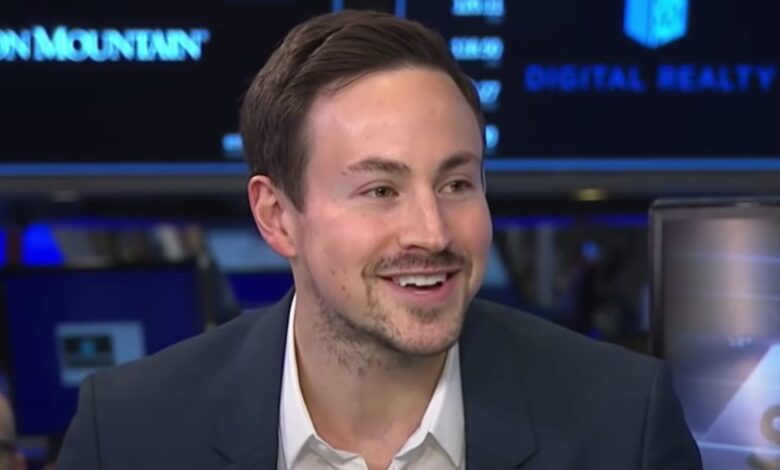GameStop’s Ryan Cohen lays out his vision for company — it’s not to be the next MicroStrategy

GameStop chief Ryan Cohen said Tuesday his video game retailer is using crypto as an inflation protection, and not trying to mimic others in becoming a large holder of digital tokens. “I look at it as a hedge against inflation and global money printing and and we’ll see what happens,” Cohen said on CNBC’s ” Squawk Box .” In late May, GameStop bought 4,710 bitcoins , worth more than half a billion dollars. The world’s largest cryptocurrency has been on a tear, hitting a record high and topping $120,000. Software company MicroStrategy, now known as Strategy , bought billions of dollars worth of bitcoin in recent years to become the largest corporate holder of the flagship cryptocurrency. That decision prompted a rapid, but volatile, rise in Strategy’s stock. Cohen said GameStop is not following MicroStrategy’s model. “We have our own unique strategy, and we have a very strong balance sheet, over $9 billion of cash and marketable securities,” he said. GameStop’s foray into cryptocurrencies marks the latest effort by Cohen to revive the struggling brick-and-mortar business. Under Cohen’s leadership, GameStop has focused on cutting costs and streamlining operations to ensure the company’s profitability. “We will deploy that capital responsibly as I would my own capital, and only look for opportunities where the downside is limited and there’s a lot of upside,” Cohen said. “We’ll be opportunistic when we see those opportunities.” Cohen, co-founder of trendy pet food supplier Chewy , bought shares in GameStop in 2020 and joined the board in 2021 just as GameStop became one of the key meme stocks in the Covid-inspired trading mania. His e-commerce experience gave rise to hopes that he would modernize the brick-and-mortar retailer. The CEO said GameStop has shifted its reliance on hardware and software to a “significant” focus on trading cards and and collectibles. Shares of GameStop have fallen about 24% this year after soaring 79% in 2024.



